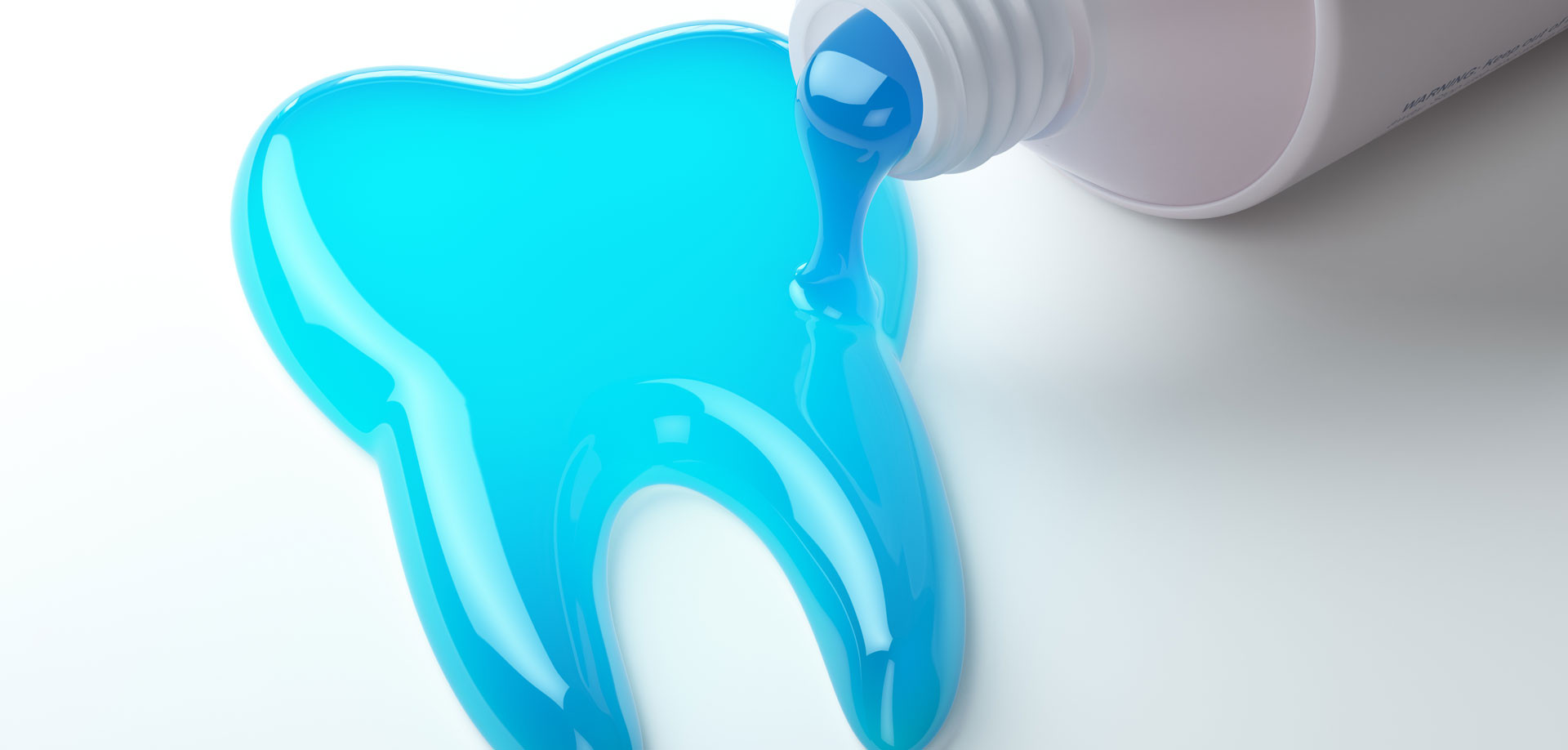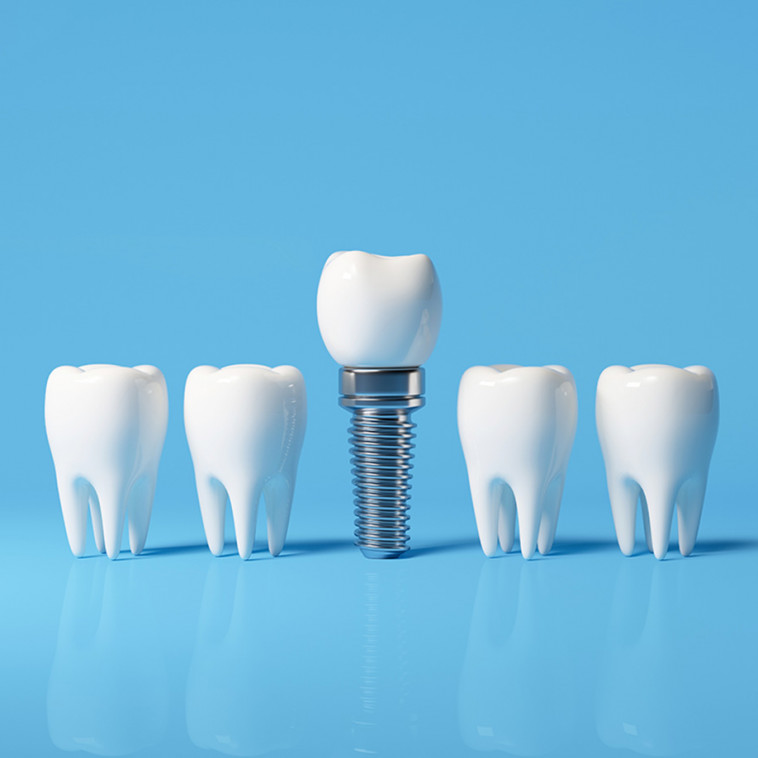
Myth-busting: Fluoride
Fluoride is widely used in toothpaste, dental gels, and mouthwashes. But what precisely is fluoride, why do dentists love it, and should you be concerned about fluoride as a parent? Sarah Tukmachi, a specialist paediatric dentist, debunks some common fluoride beliefs.
Myth 1: fluoride is not natural
Fluoride can be found in different natural sources, including our drinking water, tea, seafood, and beer.
Fluoride has been demonstrated to prevent tooth decay when added to drinking water significantly. The World Health Organization and Public Health England are only two of the major health organizations that have endorsed fluoride's benefits in enhancing oral health. According to research, brushing with fluoride toothpaste is an essential technique to reduce your child's risk of tooth decay.
Myth 2: fluoride is harmful to you
1. That is not true! Fluoride works its magic in a variety of ways
2. Fluoride is integrated into your child's developing teeth, making the enamel harder before the teeth enter the mouth.
3. After the teeth have been thoroughly cleaned, fluoride continues to work by making the existing adult teeth in the mouth more decay-resistant.
4. Fluoride also disrupts the complicated demineralization and remineralization processes when sugar is consumed. With the presence of fluoride during remineralization, the minerals deposited are harder than otherwise, assisting in maintaining strong teeth.
Myth 3: fluoridated water is dangerous
In the United Kingdom, around 10% of the population benefits from fluoridated water, either naturally occurring or supplied at a level that has been demonstrated to improve oral health. If you want to discover if this applies to your residence, most water companies have an online tool to verify. 5-year-olds in fluoridated areas are 15% less likely to suffer dental decay than children in non-fluoridated areas.
Furthermore, fluoridated communities had 45 percent fewer hospital admissions for dental deterioration, resulting in teeth being extracted under general anesthesia.
In terms of other health issues, a 2014 report by Public Health England's Water Fluoridation Health Monitor for England found no evidence of a difference in the rate of the following medical illnesses in populations living with or without fluoride in the water:
• Hip fractures
• Kidney stones
• Down syndrome
• Hip fractures
Myth 4: fluoride causes side effects
Although fluoride is beneficial to our teeth, you must use the appropriate concentration and dosage for your child's age. Under the age of three, children should use a smear of toothpaste having no less than 1,000 ppm fluoride, and children aged three to six should only use a pea-sized amount of toothpaste with more than 1,000 ppm fluoride.
Too much fluoride in our teeth can produce fluorosis, a disorder that causes tiny white flecks on the teeth when mild and bigger brown patches when severe. The risk of fluorosis from excessive fluoride consumption is linked to the volume of toothpaste used considerably more than the concentration itself To avoid fluorosis, make sure you know how much toothpaste to put on your child's toothbrush and that your youngster does not eat or lick the toothpaste (if at all possible!).
How do I ensure my child gets the right amount of fluoride for their teeth?
The most important action you can take is to help your youngster wash their teeth using fluoride toothpaste. Fluoride is also available in mouthwashes, fluoride gel, and as an ingredient in some tooth-colored fillings.
Contact us
Amaral 13 Building
Flat 403,
1061 Nicosia, Cyprus
Tel: 22-452345/6
email: apanagidisdentalcenter@gmail.com



